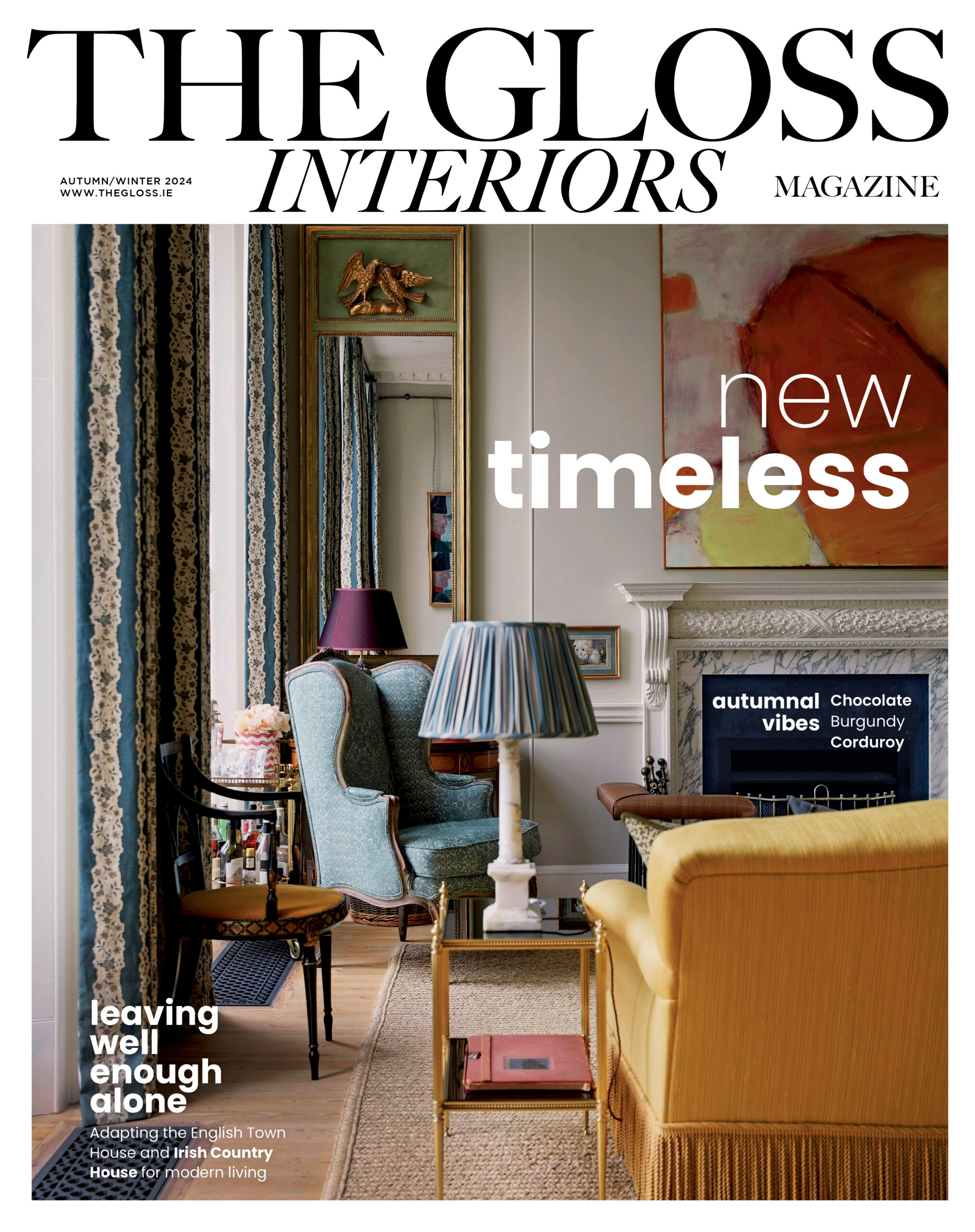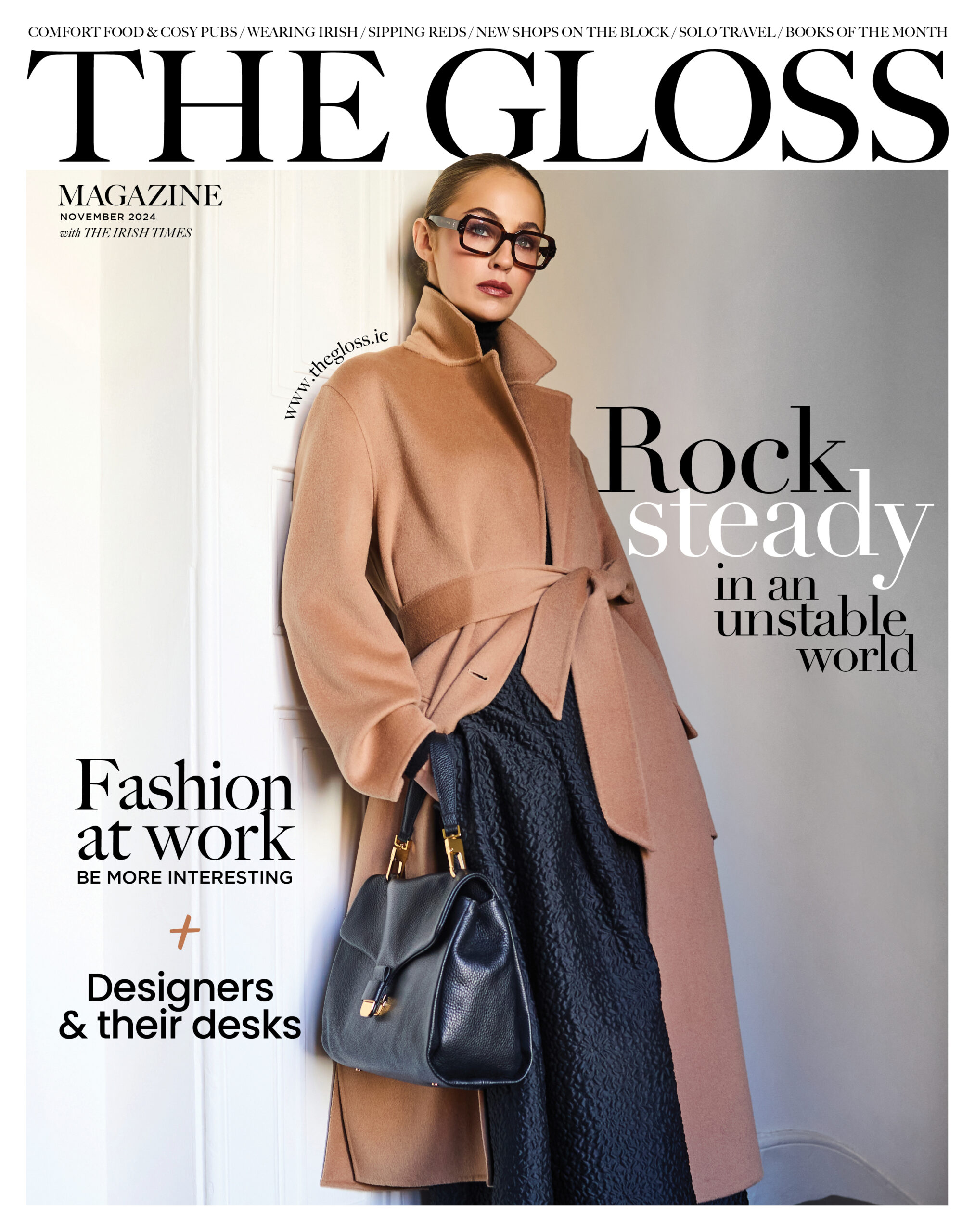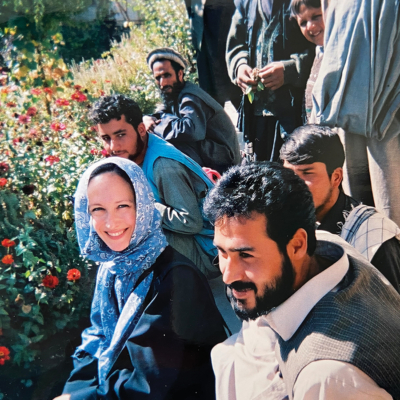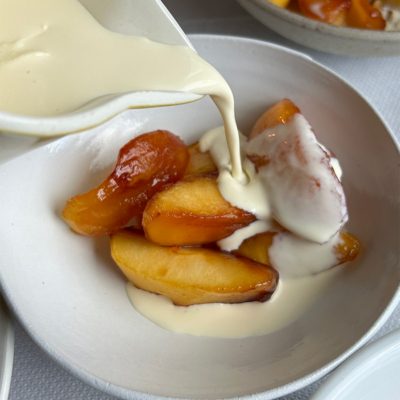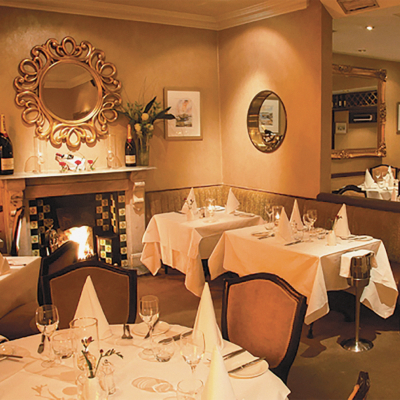food writer Mary Frances Kennedy Fisher (1908-1992) never focused on just the food set before her, rather she described the whole experience, from company to setting to eating, all imbued with a sense of joy and celebration. This is demonstrated In this essay from her book ‘An Alphabet for Gourmets.’
Featured Image; From Unsplash.com
H is for Happy … and for what kind of dinner is most often just that evanescent, unpredictable, and purely heaven-sent thing. In general, I think, human beings are happiest at table when they are very young, very much in love, or very lone. It is rare to be happy in a group: a man can be merry, gay, keenly excited, but not happy in the sense of being free – free from life’s cluttering and clutching.
When I was a child my Aunt Gwen (who was not an aunt at all but a large-boned and enormous-hearted woman who, thank God, lived next door to us) used to walk my little sister Anne and me up into the hills at sundown. She insisted on pockets. We had to have at least two apiece when we were with her. In one of them, on these twilight promenades, would be some cookies. In the other, oh, deep sensuous delight! would be a fried egg sandwich! Nobody but Aunt Gwen ever made fried egg sandwiches for us. Grandmother was carefully protected from the fact that we had ever even heard of them, and as for Mother, preoccupied with a second set of children, she shuddered at the thought of such grease-bound proteins with a thoroughness which should have made us chary but instead succeeded only in satisfying our human need for secrets. The three of us, Aunt Gwen weighing a good four times what Anne and I did put together, would sneak out of the family ken whenever we could, into the blueing air, our pockets sagging and our spirits spiralling in a kind of intoxication of freedom, breathlessness, fatigue, and delicious anticipation. We would climb high above other mortals, onto a far rock or a fallen eucalyptus tree, and sit there, sometimes close as burrs and sometimes apart, singing straight through Pinafore and the Episcopal Hymn Book (Aunt Gwen was British and everything from contralto to basso profundo in the Whittier church choir), and biting voluptuously into our tough, soggy, indigestible and luscious suppers. We flourished on them, both physically and in our tenacious spirits.
Few of us can think with honesty of a time when we were indeed happy at a table with more than our own selves or one other.
Lone meals, which can be happy too, are perhaps the hardest to put on paper, with a drop of cyanide on their noses and a pin through their guts. They are the fleetingest of the gastronomical butterflies. I have known some. We all have. They are compounded in almost equa parts of peace, nostalgia, and good digestion, with sometimes an amenable touch of alcohol thrown in. As for dining-in-love, I think of a lunch at the Lafayette in New York, in the front café with the glass pushed back and the May air flowing almost visibly over the marble tabletops, and a waiter named Pons, and a bottle of Louis Martini’s Folle Blanche and moules-more-or-less-marinières but delicious, and then a walk in new black-heeled shoes with white stitching on them beside a man I had just met and a week later was to marry, in spite of my obdurate resolve never to marry again and my cynical recognition of his super-salesmanship.
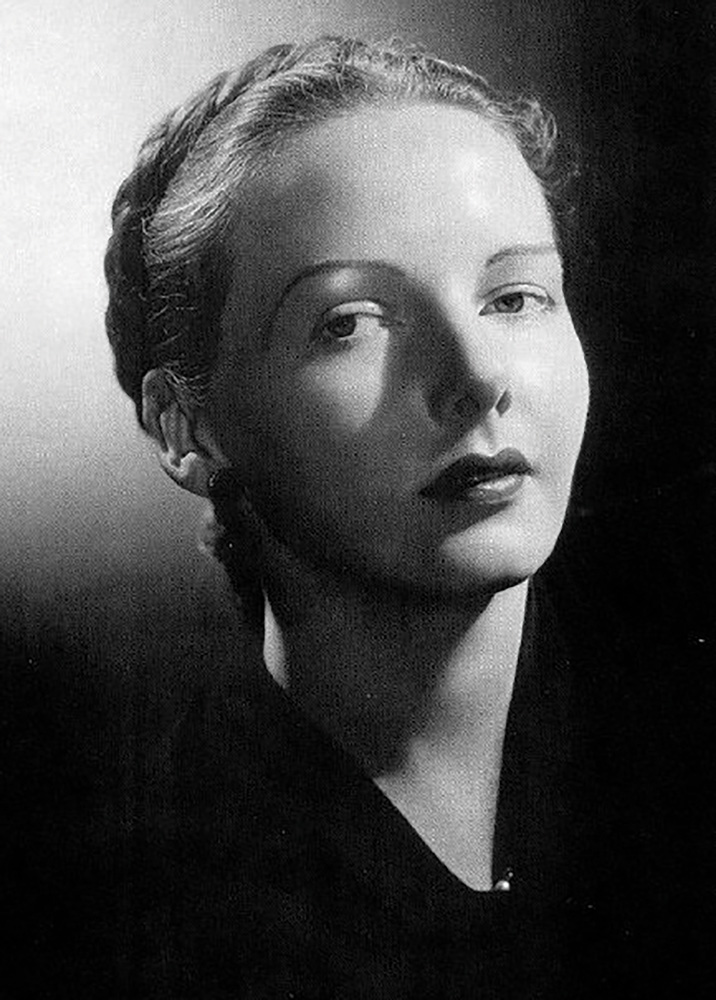
MFK Fisher
Group happiness is another thing. Few of us can think with honesty of a time when we were indeed happy at table with more than our own selves or one other. And if we succeed in it, our thinking is dictated no matter how mysteriously by the wind, the wine, and the wish of that particular moment.
Now, for no reason that I consciously know of, I remember a lunch at the Casino at Berne, in Switzerland. I was with my father and mother, my husband, and a friend deep in his own murky moods but still attainable socially. We had driven there from Vevey, and we sat in the glass-enclosed bourgeois sparkle of the main dining room with a fine combination of tired bones and bottoms, thirst, hunger, and the effect of altitude. I do not recall that we drank anything stronger than sherry before lunch, but we may have.
My father, a forthright man, who had edited a paper in the hard-liquor days when his Midwest village had 15 saloons and three churches or thereabouts, may have downed a drink or two of Scotch, or the Bernese play on words, ein Gift, aptly called “poison” and made of half-sweet vermouth and half any alcohol from vodka to gin. Then, and this is the part I best remember, we had carafes of a rosé wine that was believed to be at its peak, its consummateness, in Berne, and indeed in that very room. Zizerser it was called. It came in the open café pitchers with the Federal mark at the top, naming the liquid content. It was a gay, frivolous colour. It was poured into fine glasses (they were one of the many good things about that casino) from a height of two feet or so, and miracle! it foamed! It bubbled! It was full of a magic gas, that wine, which melted out of it with every inch of altitude it lost, so that when I took down a case of it and proudly poured it lakeside, in Vevey, it was merely a pink pretty drink, flat as flat. In Berne it was champagne. We drank deep.
We sat in the glass-enclosed bourgeois sparkle of the main dining room with a fine combination of tired bones and bottoms, thirst, hunger, and the effect of altitude.
So did our driver, François, and later when a frenzied-looking mountaineer waved back our car, we drove on with nonchalance along a cliff road above fabulous gorges, singing, until finally a rock about half as big as our enormous old Daimler sailed lazily down in front of us and settled a few feet from the engine. We stopped in time. Another mountaineer, with tiny stars of gold in his ear lobes to make him hear better, dropped into sight from the pine forest. Goback, go back, he cried. We are blasting a new road. You might have been killed. All right, all right, we said. He lingered, under the obvious spell of our happiness. We talked. My father introduced my mother as the sweetest singer in Onawaiowa, which she once was. My husband breathed deeply, as if in sleep. My friend looked out over the plumy treetops and sighed for a lost love. François blinked in a surfeit of content. We all sat about on felled branches and running boards, and drank some superlative cognac from an unlabelled bottle which my father had bought secretly from a Vevey wine merchant and brought along for just this important moment.
A couple more boulders drifted down and settled, dustily and noisily but without active danger, within a few feet of us. The mountaineer sang three or four songs of his canton. Then, because of the Zizerser and mostly and mainly because we were for that one moment in all time a group of truly happy people, we began to yodel. My father, as a smalltown editor, had the edge on us: he had practised for years at the more unbridled of the local service-club luncheons and banquets. My husband andeven my friend hummed and buzzed, and I too buzzed and hummed. And François? He really yodelled, right along with the man from the mountains. It was a fine thing. Whatever we had eaten at lunch, trout I think, went properly with the Zizerser, and we were full and we were happy, beyond thewine and the brandy, beyond the immediate danger of blasted boulders and cascading slides, beyond any feeling of foolishness. If we had lunched on milk and pap, that noontime in the casino, we still would have felt the outer-world bliss that was ours, winy and full, on the Oberland mountainside that summer day. It happened more than ten years ago, but if I should live a hundred and ten more I would still feel the freedom of it.
AUNT QWEN’S FRIED EGG SANDWICHES
INGREDIENTS
• Half to 1 cup dripping
• 12 slices bread
• 6 fresh eggs
• Waxed paper
The dripping is the kind poured off an unidentified succession of beef, mutton, and bacon pans, melted gradually into one dark puddle of thick unappetising grease, which immediately upon being dabbed into a thick hot iron skillet sends out rendingly appetising smells. The eggs must be fresh, preferably brown ones, best of all freckled brown ones. The bread must be good bread,no puffy, blanched, uniform blotters from a paper cocoon. The waxed paper must be of honest quality, since at the corners where it will leak a little some of it will stick to the sandwich and in a way merge with it and be eaten.
METHOD
Heat the dripping in a wide flatbottomed skillet until it spits and smokes. Break in the eggs, which will immediately bubble around the edges, making them crisp and indigestible, and break their yolks with a fork and swirl them around, so that they are scattered fairly evenly through the whites. This will cook very quickly, and the eggs should be tough as leather. Either push them to one side of the
pan or remove them. Fry bread in the dripping for each sandwich, two slices to an egg. It too will send off a blue smoke. Fryit on one side only, so that when the sandwiches are slapped together, their insides will turn soggy at once. Add to this sogginess by pressing them firmly together. Wrap them well in the waxed paper, where they will steam comfortably. These sandwiches, if properly made and wrapped, are guaranteed, if properly carried in sweater or pinafore pockets, to make large oily stains around them. Seasoning depends on the state of the dripping. As I remember Aunt Gwen’s, they were such a fruity blend of last week’s roast, last month’s gammon, that salt and pepper would have been an insult to their fine flavour. To be eaten on top of a hill at sunset, preferably before adolescence and its
priggish queasiness set in.
From An Alphabet for Gourmets, with an introduction by Ella Risbridger, published on November 10, by Daunt Books, €11.42.



